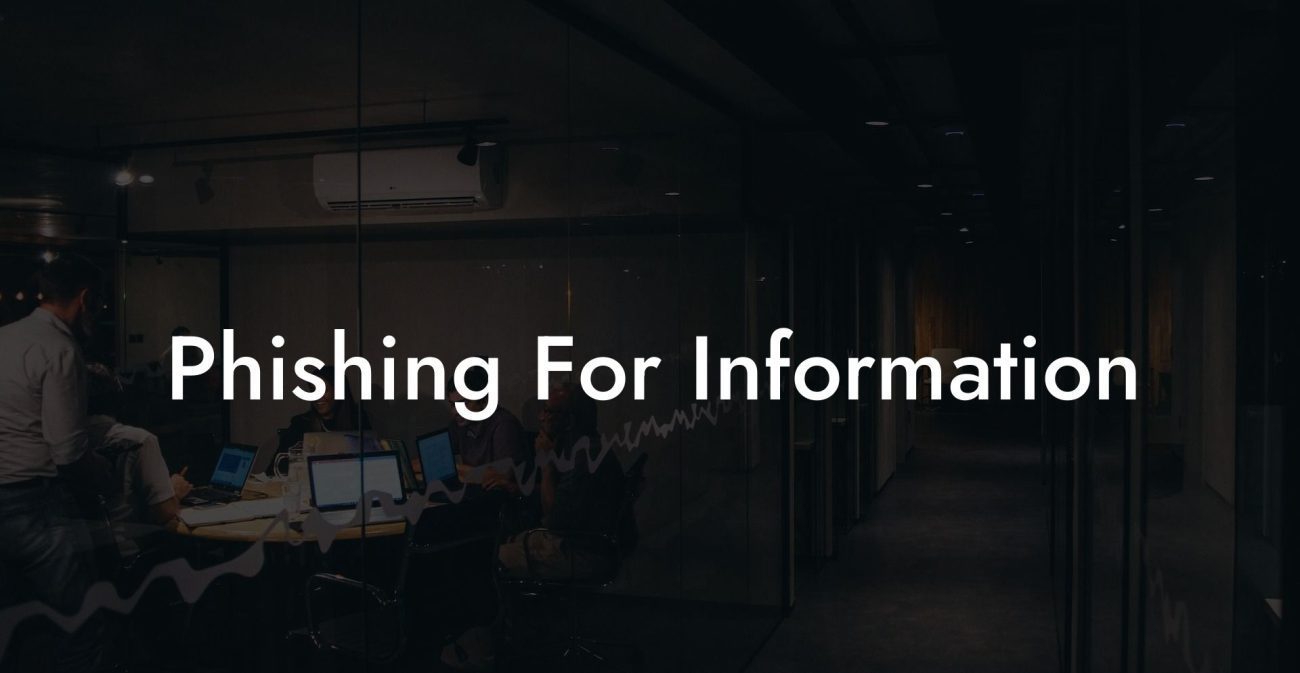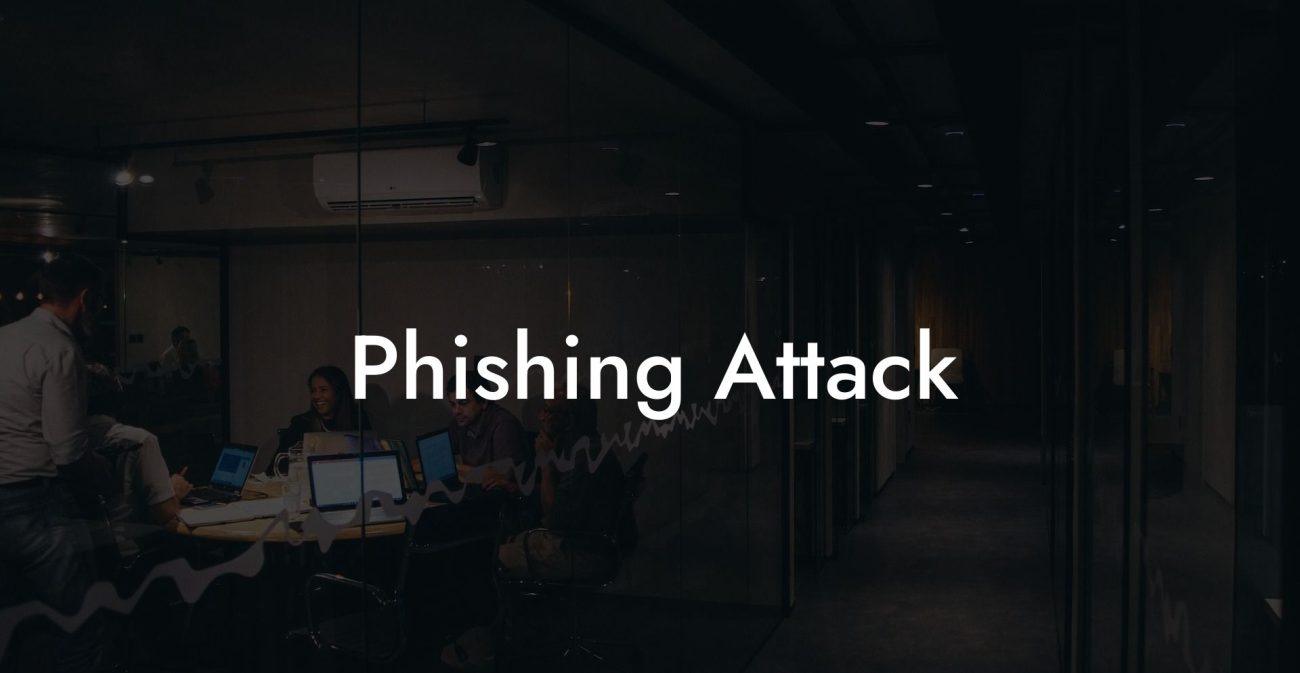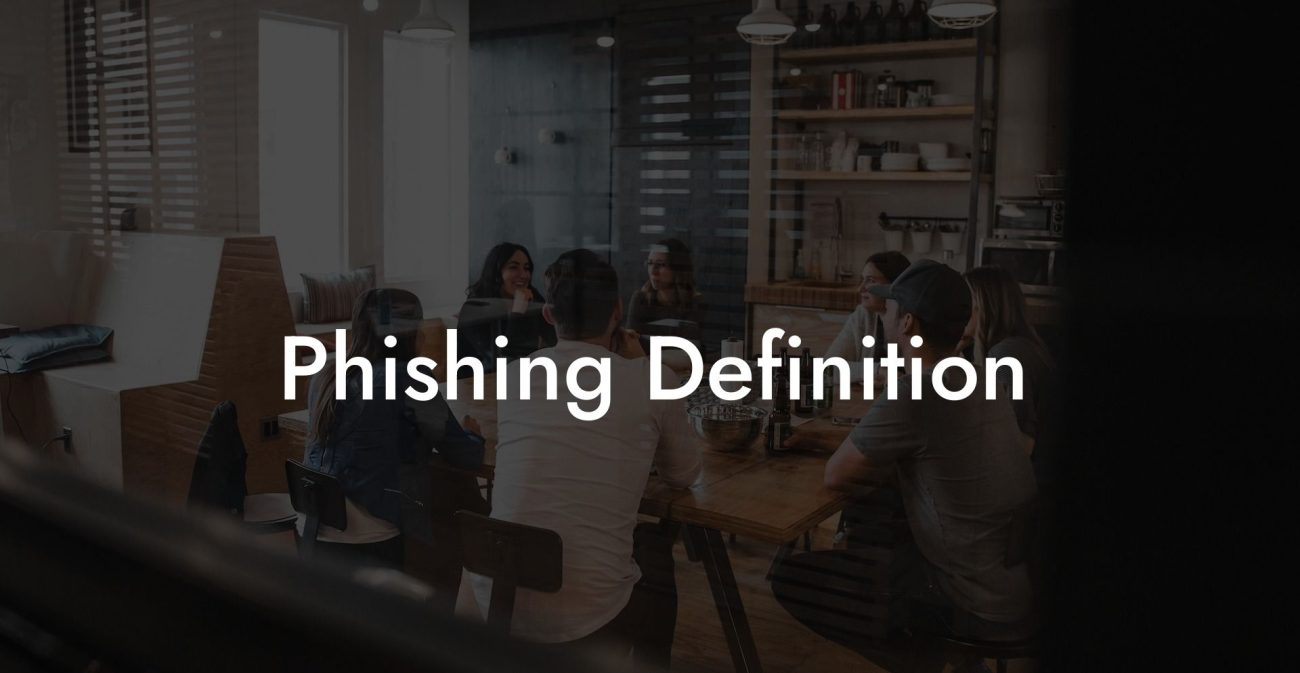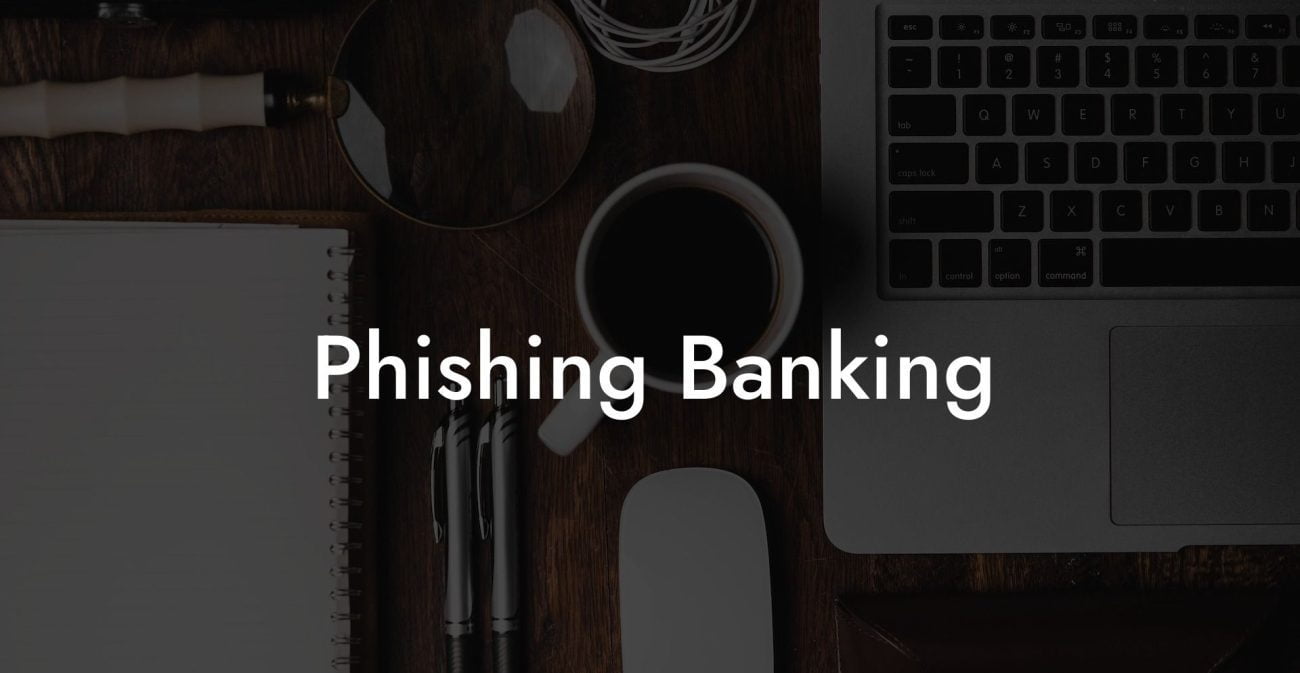The rapid advancement of technology has brought about many conveniences, but it has also unfortunately opened up new avenues for scammers and fraudsters. Voice phishing, or vishing, is a critical issue that affects millions of people worldwide. To stay safe against such scams, it is essential to understand how they work and how to detect them. In this guide, we will cover the pronunciation of voice phishing, frequently targeted areas, and effective tips on protecting yourself from vishing scams. So, let's dive right in!
Voice Phishing Pronunciation Table of Contents
Voice Phishing Pronunciation
Voice phishing, commonly pronounced as "vishing," is a scam that utilizes telephone calls or VoIP (Voice over Internet Protocol) technology to gather sensitive information, such as bank account details and personal identification information from potential victims. The term "vishing" is a combination of "voice" and "phishing" – the latter being a method that lures victims into providing sensitive data through deceptive emails or websites.
Understanding Vishing Scams
Protect Your Data Today With a Secure Password Manager. Our Top Password Managers:
To protect yourself against vishing scams, it is crucial to be aware of how they operate. Scammers typically initiate a vishing call posing as reputable organizations, such as banks, insurance companies, or even government agencies. Using a compelling story, they create a sense of urgency and manipulate victims into providing private information. For instance, a scammer may pose as a bank officer claiming there has been suspicious activity on the victim's account, urging them to reveal their account details to safeguard their finances.
Voice Phishing Example
In 2018, Heidi, a college student from Wisconsin, received a phone call that seemed to be from her bank, informing her about potential fraud on her credit card. The caller, who knew her name and account number, asked Heidi to provide her card's security code to verify her identity. Assuming it was a legitimate call, Heidi complied. Two days later, she discovered her credit card had been maxed out on unauthorized transactions. Heidi had fallen for a vishing scam, and her financial information had been compromised.
Tips to Protect Yourself from Vishing Scams
1. Be skeptical of unsolicited calls: Keep a healthy dose of suspicion when receiving unexpected calls, especially those requesting personal information. Legitimate businesses typically refrain from asking sensitive data over the phone.
2. Verify the caller's identity: If you receive a call from an organization that seems authentic, hang up, and call the official number listed on the company's website to verify the caller's identity.
3. Guard your information: Avoid providing personal or financial data over the phone unless you are confident of the recipient's authenticity. Keep in mind that caller ID can be spoofed, so do not assume the caller is genuine based on the displayed number.
4. Educate yourself: Stay updated on the latest vishing scams and techniques used by fraudsters. Regularly check reputable resources, like Voice Phishing, for the latest news, trends, and updates on vishing and related topics.
5. Report suspected scams: If you receive a suspicious call, notify the appropriate organizations, such as your local police or national anti-fraud agencies. Reporting scams may help others from falling victim to similar ploys.
Voice phishing is a serious threat we should all be aware of. By understanding the pronunciation of the term, recognizing potential red flags, and protecting our sensitive information, we can significantly minimize our risks of falling victim to vishing scams. Sharing this vital information with others will also help create a well-informed community that can effectively combat voice phishing.
Remember to share this article with your friends and family to create awareness about vishing scams. Don't forget to explore our other guides on Voice Phishing to stay informed and protected.
Protect Your Data Today With a Secure Password Manager. Our Top Password Managers:















